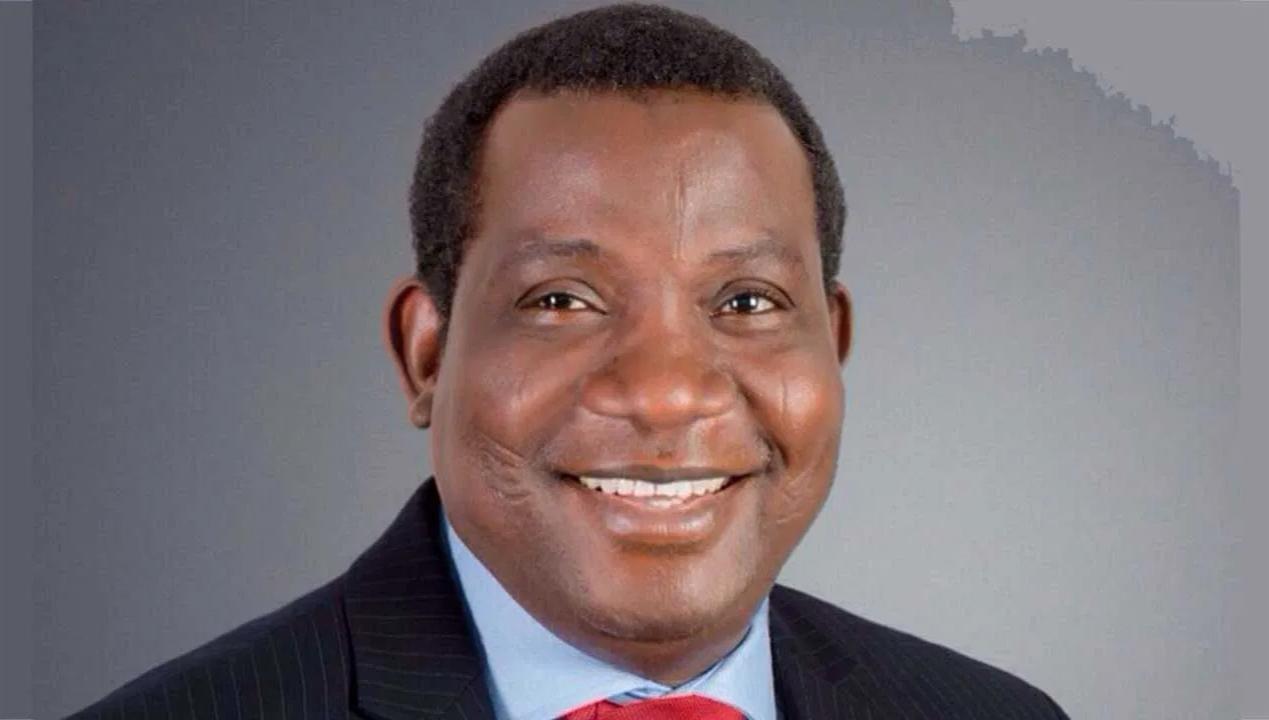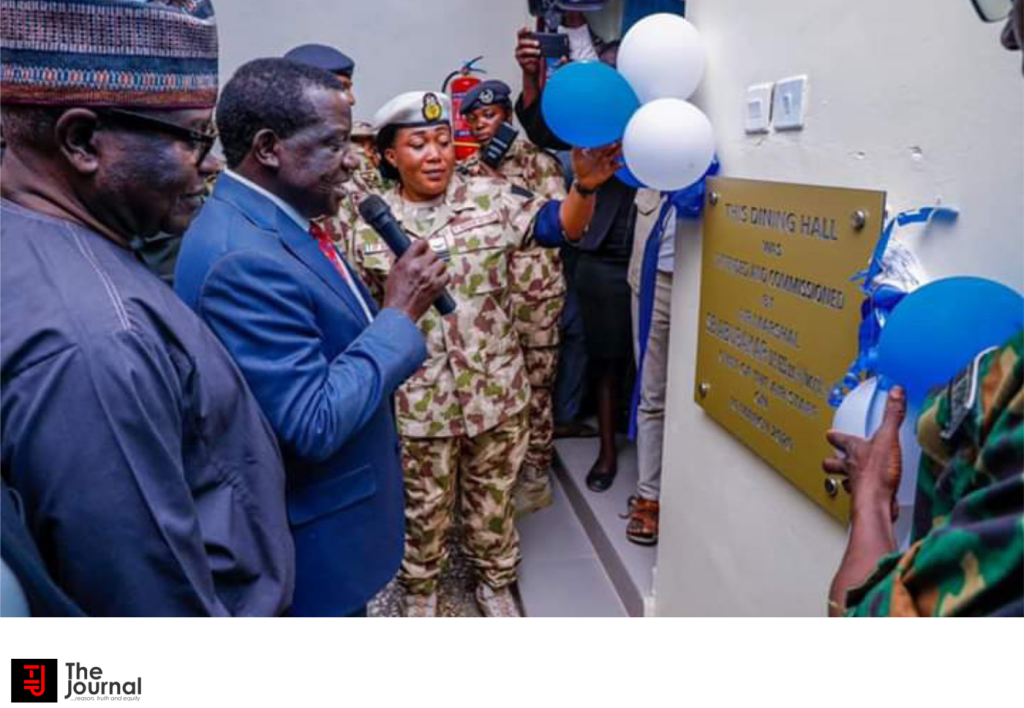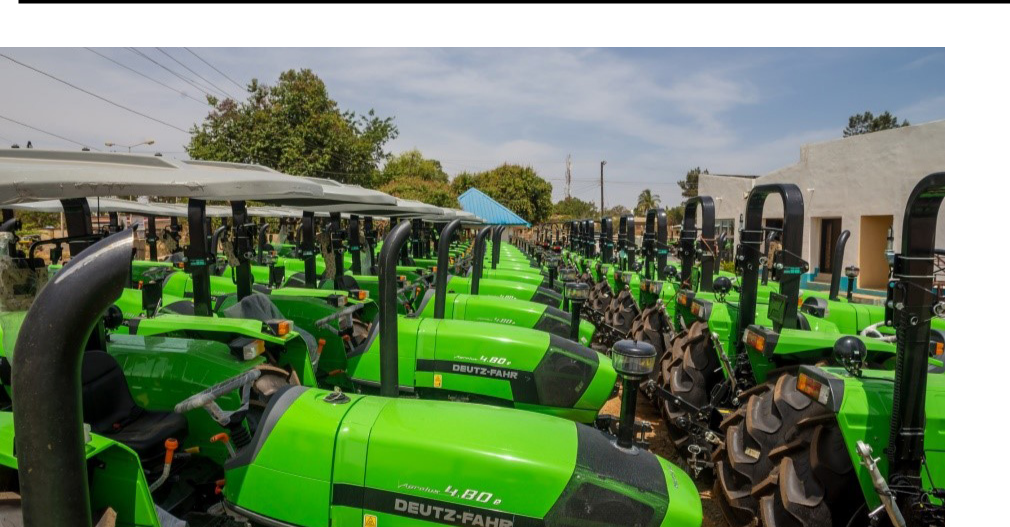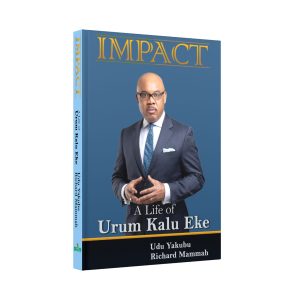

Plateau State held sweet memories for many Nigerians as far back as the years before Nigeria’s independence till the 1980s and 90s. It housed many multinational food and beverage firms; it was a great getaway with an atmosphere that afforded tranquillity and oneness with nature. Its undulating landscapes, pre-independence history, festivals, and lush greenery thrilled foreigners and Nigerians. It was Nigeria’s tourism haven. It was also one of Nigeria’s agricultural bases, without leaving the thriving and controlled mining sector which served as a viable contributor to the country’s economic prosperity.
Jos was a thriving hub of business and leisure. It also housed the friendly and warm peoples of Plateau, and of other ethnic groups from various parts of the country. But a lot of the attraction and goodwill of the state became lost to untrammelled clashes, killings, insecurity and general deterioration in the last 20 years. Plateau became a hotbed of crises, and the situation persisted for many years.
The Government of Simon Lalong was welcomed into the State House at a time when the cloud of despondency was pervasive in the state. The state had made headlines for stories of banditry, ethnic clashes, farmer-herder clashes, etc. On assumption of office in 2015, the Governor decided to redirect the wheel that was driving the state to self-destruction, and restore the lost glory of the Plateau. Governance for Simon Lalong is more than a mere stream of public consciousness; it has been an active disposition of leadership that reconciles differences and creates structures for development. He intensely sought to promote peaceful co-existence and foster development by creating an enabling environment for the people to aspire to the good life, stemming from the depths of their potential. A lawyer with many years of experience at the bar, Mr. Lalong had represented the Shendam Constituency at the Plateau House of Assembly in 1999. His leadership skills and critical developmental engagements took him from being a member to the position of Speaker of the House. He served in the position of Speaker till 2006, and has thus far held the record of been in that office longer than anyone else in the history of the State. He was elected Chairman of the Conference of Speakers in Nigeria in 2001. In 2015, he contested for the Governorship of Plateau State, and was elected into office by the people of the state. He is currently serving a second term largely because the people can reflect and assert the changes in their lives, especially the peace and development that has returned to the state.
Soon after he assumed office, the government decided to reengineer the security framework of the state through several meetings of the security agencies, religious, political and traditional leaders, and other stakeholders. There was a constant engagement with all parties concerned. The government released funds to facilitate high-level security operations like Operation Safe Haven and Operation Rainbow. The state also involved the Nigeria Security and Civil Defence Corps (NSCDC), the Department of State Security (DSS), and vigilante groups in its quest for peace, and gave them access to resources that enabled them to unite in nipping the security challenges in the state in the bud. Conflicts in the Mangu and Bokkos areas, among other hotbeds were soon resolved. Bandits in the Langtang area also voluntarily surrender their arms, and there was relative calm in the Plateau again.
Cornelius Shiolbial, a Permanent Secretary in charge of Cabinet and Special Services in the state recalled that he was saddled with overseeing Operation Rainbow, a state project that was implemented in collaboration with the United Nation Development Fund. The focus was on developing and implementing programme that would generate such alarms that would alert the authorities in the event of brewing trouble. The project included a sift process that was proactive to internal and external threats. The Governor also mobilised and motivated the security personnel in Operation Rainbow, and they were provided with four functional Armoured Personnel Carriers to enhanced police patrols and ensure peace in the state. The government also organised a programme to enable warring groups to make peace among themselves. The “Day of Forgiveness and Reconciliation” offered farmers and herders, and the various ethnic groups the opportunity to drop their grievances and embrace one another.
It would not enough to take the guns from the hands of the youths in the state. Governor Simon Lalong set up the Plateau Small and Medium Enterprises Development Agency (PLASMEDA) to engender creativity, skill acquisition, financial literacy, and to combat unemployment and poverty. PLASMEDA has so far trained 30,000 young people in various trades, and have backed these skilled men and women up This initiative made Plateau State earn the MSME National Award in 2017, for its sterling performance in empowering entrepreneurship in Nigeria. Students from Jos also won four awards at the 1st National Competition of Student Entrepreneurship Activity, SEA-HUB, a project organised by the German Corporation for International Cooperation (GIZ).

Simon Lalong understood the dynamics of conflict management, and the need to be proactive in dealing with potential conflicts situations and not wait for them to snowball in violence and bloodshed. Through Operation Rainbow, the government identified 20 flashpoints of violence in the state. With this knowledge, the Governor commissioned surveillance outposts to serve as security bases, and these also became spaces for dialogue, cooperation and solidarity with the inhabitants of the areas. One of such outposts is the imposing Security Watchtower at Dutse Uku, in Jos North Senatorial District. The result has been a safe state that protects the human and business potential of the state.
Peace in the Plateau would never have been achieved without the collaboration of the security agencies who found in Governor Simon Lalong a leader with effective communication skills and a clear vision on security and development in the state. The relationship between the security agencies in Plateau State is also remarkable. There is an unprecedented degree of information sharing among all the agencies. These agencies also work hand in hand with the Vigilante, the Man O’ War, the Peace Corps, the Hunters Association, and the Neighbourhood Watch. The element of collaboration among the security agencies and groups has enhanced the quality of surveillance, strategy formation and unity of purpose in the state. Also, citizens’ participation platforms have helped to ease the community intervention initiatives of the police.
At some strategic level, Governor Lalong appreciates the fact that Plateau has been home to various ethnic groups and peoples, and this understanding affords him an insight into the complex mix of cultures and orientations in the state. Aware that the feeling of being short-changed, rejected, or displaced in any way may spur violence, he does not uphold sentiments about indigeneship when it comes to driving peace in the state. His message is always one of unity and togetherness among the people, and transparency in governance. It was in this context that he constituted a technical Committee headed by Mr. Chris Ahmadu, the State’s Attorney-General and Commissioner for Justice, to put in place a credible and functional framework for the implementation of community policing in the state. The idea is to offer necessary human power support to the security agencies in the state, while underscoring the role of the youth in securing their communities.
For Lalong, “Peace without development is like attacking the symptoms without addressing the root causes.” Thus, when he took up the mantle of leadership in Plateau State, he settled for a five-point agenda that would restore the Plateau to its lost place as one of the industrial, commercial and tourism hubs in Nigeria. He called it the Rescue Mission. The 5 pillars of engagement in his administration are Peace, Security and Governance; Human Capital Development and Social Welfare; Agriculture and Rural Development; Entrepreneurship and Industrialisation; and Physical Infrastructure and Environment. Though he faced great difficulties, he decided to address accountability leakages by subscribing to the Treasury Single Account (TSA). He also created the Efficiency Unit, Liquidity Committee, and Project Monitoring and Result Delivery Unit in order to achieve best practices in governance. This soon yielded results as the 2nd Corruption Survey Report of the National Bureau of Statistics ranks Plateau State as the second least corrupt state in Nigeria.
Governor Simon Lalong awarded new road contracts and ensured that they were no abandoned projects in the state. Among successfully completed and outstanding road projects are the Maraban Jama’a Road and the Secretariat Junction Flyover. The Kalong Bridge in Shendam has enhanced access to the hinterlands of Plateau State. These were meant not only for the transportation of people and goods, but to restore the broken sense of pride amongst the people of the state. The Governor did not stop at building new roads; he also ordered the installation of street lights in most parts of Jos-Bukuru metropolis, while the Operation Zero Potholes ensures the regular maintenance of roads in the hinterlands.

Agriculture, which used to be one of the buoyant resources of the state has gradually regained its place of prominence through the Agricultural Transformational Agenda Support Programme. This programme assists farmers in the hinterlands in various ways. Many of them have begun to enjoy the presence of government in terms of technical support, storage, and the preservation and distribution of their crops. The Programme provides various leverages from the farmland to the marketplace, and is supported by the African Development Bank. A major beneficiary of the Programme is the Potato Value Chain Support Project, which makes it easier for farmers to access fertilizers, pesticides, technology and technical support for a good yield. The state also made available to farmers 400 units of tractors for the community-based Tractorization Programme under a Private-Public- Partnership arrangement. The state has also encouraged the concept of ranching in order to ensure the security of livestock and to foster a sense of belonging in the state. This has helped a long way to reduce the incessant farmers-herders clashes in the Plateau.
Governor Lalong has been as interested in building healthy minds and bodies as he is in roads and farms. Total well-being, for him, is “an engagement of the physical health of persons in the state as well as the intellectual structures put in place to stimulate positivity, creativity, critical analysis and inventive problem solving.” His contribution in the health sector of the state include the complete conversation of the Riyom Cottage Hospital into a world-class Trauma Centre; the renovation and upgrade of the Jos Specialist Hospital, and the distribution of 2.5 million durable and treated mosquito nets across the state. He has also made a statement in health education by installing a modern e-library facility in the College of Health, Zawan.
Read Also: Plateau Exco Approves 3 Billion Bond, Creates Cooperative Agency
He further breached the global education gap in Africa, by investing heavily in the education infrastructure in the state. Some of the results include the accreditation of 17 courses in the Plateau State University; the recruitment of over 4,800 new primary school teachers to improve the standard of primary education in the state; and state government scholarship to students to learn at the Egyptian Maritime Academy in Alexandria; among others. In 2019, Favour Movel, a Plateau-born Nigerian, emerged the best candidate in the year’s West African Senior School Certificate Examination. That was a product of the government’s legacy of developing the younger generation. The Governor has also invested in the establishment and upgrade of Government Technical Colleges in Pankshin, Shendam and Bukuru towards expanding human power in the education sector in particular.
In a little over five years in the saddle, Governor Lalong has reversed the lost fortunes of one of the country’s leading tourism and agriculture havens. Driven by a sense of people-oriented leadership and responsiveness in governance, he continues to stir the hearts of the people of Plateau State with strategies, policies and programmes that continue to impact positively on the peace and development of the state.
Suleiman Galadima

